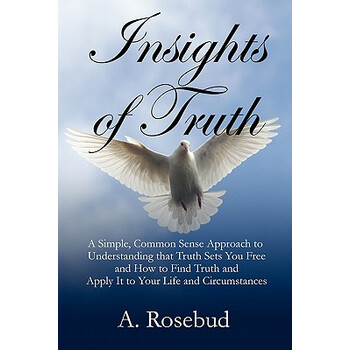
Is Trading Haram in Islam? A Practical Guide for the Modern Investor
Intro: In today鈥檚 fast-moving markets, many readers ask how to trade without compromising their faith. You鈥檙e not alone. I鈥檝e seen friends juggle a paycheck, a rented desk, and a screen full of tickers鈥攁ll while wondering whether forex, stocks, crypto, or options can fit a halal lifestyle. The good news: there鈥檚 a growing conversation around Sharia-compliant trading, especially as Web3 and DeFi bring new tools to the table. This guide walks you through the essentials, real-world examples, and practical steps to stay true to Islamic principles while exploring modern markets.
Understanding Halal Principles in Modern Markets Islamic finance centers on avoiding riba (usury), gharar (excessive uncertainty), and maisir (gambling). In practice, that means evaluating not just what you trade, but how you trade it. Some scholars emphasize cash-based, real-asset underlying value and transparent contracts. Others point to scholarly opinions that allow certain types of trading if the structure minimizes exploitation and avoids interest-based financing. The takeaway: halal trading isn鈥檛 a one-size-fits-all label; it鈥檚 about the asset, the vehicle, and the setup. 鈥淭rade with clarity, not with hidden risk,鈥?as one mentor of mine reminds me鈥攁nd that mindset translates well as you navigate digital platforms and screens.
Asset-by-Asset Halal Considerations
Leverage, Risk, and Responsible Strategies Leverage amplifies both profit and loss. In halal trading, the safest path is limited or no leverage, robust risk controls, and disciplined position sizing. Practical moves:
DeFi, Web3, and the New Frontier Web3 brings liquidity, tokenized assets, and permissionless finance, but it also brings hacks, rug pulls, and opaque governance. The upside: automated, auditable contracts, on-chain transparency, and new ways to align with ethical investing through community-led projects. The challenges: smart-contract risk, regulatory uncertainty, and the need for robust security practices. For halal-minded traders, the model is to favor audited protocols, reputable projects, and modules that embed risk-sharing or asset-backed elements rather than speculative, unregulated playthings.
Future Trends: AI, Smart Contracts, and Halal Trading Smart contracts can encode Shariah checks into trading routines, while AI offers smarter risk analysis and anomaly detection. The promise is a more consistent alignment between profit motives and ethical constraints, but it must be paired with diligent governance, ongoing scholarship input, and clear disclosures. The slogan to remember: 鈥淔aith-forward algorithms, faith-respecting trades.鈥?/p>
Practical Steps for Compliance
Conclusion: The road ahead is evolving, but the destination stays the same: trade with integrity. Halal trading isn鈥檛 about opting out of markets; it鈥檚 about navigating them with discipline, faith, and informed risk. In today鈥檚 Web3 era, you can join a thoughtful community of investors who combine modern tools with timeless values. Trade with peace of mind, and let your decisions reflect your priorities: clarity, responsibility, and growth that respects both your family鈥檚 life and your faith. Halal trading, clear mind, better future.
Your All in One Trading APP PFD